Related Research Articles
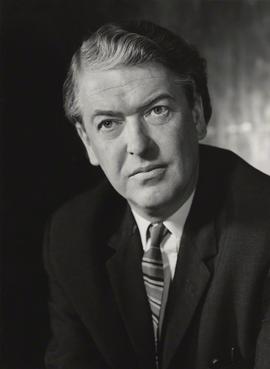
Sir Kingsley William Amis was an English novelist, poet, critic and teacher. He wrote more than 20 novels, six volumes of poetry, a memoir, short stories, radio and television scripts, and works of social and literary criticism. He is best known for satirical comedies such as Lucky Jim (1954), One Fat Englishman (1963), Ending Up (1974), Jake's Thing (1978) and The Old Devils (1986).

David Herbert Lawrence was an English novelist, short story writer, poet and essayist. His modernist works reflect on modernity, social alienation and industrialization, while championing sexuality, vitality and instinct. Several of his novels, Sons and Lovers, The Rainbow, Women in Love, and Lady Chatterley's Lover, were the subject of censorship trials for their radical portrayals of sexuality and use of explicit language.
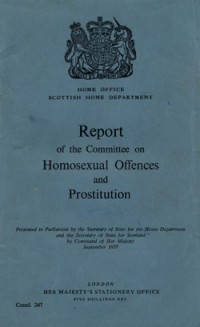
The Report of the Departmental Committee on Homosexual Offences and Prostitution was published in the United Kingdom on 4 September 1957 after a succession of well-known men, including Lord Montagu of Beaulieu, Michael Pitt-Rivers, John Gielgud, and Peter Wildeblood were convicted of homosexual offences.

Lady Chatterley's Lover is the last novel by English author D. H. Lawrence, which was first published privately in 1928, in Italy, and in 1929, in France. An unexpurgated edition was not published openly in the United Kingdom until 1960, when it was the subject of a watershed obscenity trial against the publisher Penguin Books, which won the case and quickly sold three million copies. The book was also banned for obscenity in the United States, Canada, Australia, India and Japan. The book soon became notorious for its story of the physical relationship between a working-class man and an upper-class woman, its explicit descriptions of sex and its use of then-unprintable profane words. It entered the public domain in the United States in 2024.
Warren Hamilton Lewis was an Irish historian and officer in the British Army, best known as the elder brother of writer and professor C. S. Lewis. Warren Lewis was a supply officer with the Royal Army Service Corps of the British Army during and after the First World War. After retiring in 1932 to live with his brother in Oxford, he was one of the founding members of the Inklings, an informal Oxford literary society. He wrote on French history, and served as his brother's secretary for the later years of C. S. Lewis's life.
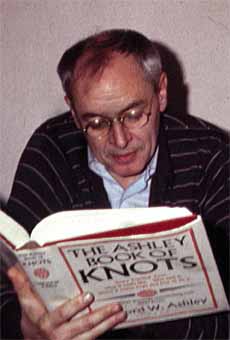
Ronald David Laing, usually cited as R. D. Laing, was a Scottish psychiatrist who wrote extensively on mental illness—in particular, psychosis and schizophrenia. Laing's views on the causes and treatment of psychopathological phenomena were influenced by his study of existential philosophy and ran counter to the chemical and electroshock methods that had become psychiatric orthodoxy. Laing took the expressed feelings of the individual patient or client as valid descriptions of personal experience rather than simply as symptoms of mental illness. Though associated in the public mind with the anti-psychiatry movement, he rejected the label. Laing regarded schizophrenia as the normal psychological adjustment to a dysfunctional social context, although later in life he revised his views.

The following is the timeline of lesbian, gay, bisexual, and transgender (LGBT) history.
George Mikes was a Hungarian-born British journalist, humorist and writer, best known for his humorous commentaries on various countries.

Mind is a mental health charity in England and Wales. Founded in 1946 as the National Association for Mental Health (NAMH), it celebrated its 70th anniversary in 2016.

Believe What You Like: What happened between the Scientologists and the National Association for Mental Health, written by the New Statesman director C. R. Hewitt under the pen name C. H. Rolph, details a public dispute between the Church of Scientology and the National Association for Mental Health in Britain.
Basil Kingsley Martin usually known as Kingsley Martin, was a British journalist who edited the left-leaning political magazine the New Statesman from 1930 to 1960.
John David Caute is a British author, novelist, playwright, historian and journalist.
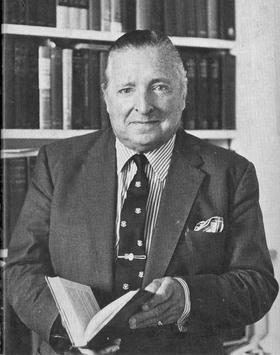
Harford Montgomery Hyde, born in Belfast, Ireland, was a barrister, politician, prolific author and biographer. He was deselected by his party in 1959, losing his seat in the House of Commons, as a result of campaigning on homosexual law reform.

George Worsley Adamson, RE, MCSD was a book illustrator, writer, and cartoonist, who held American and British dual citizenship from 1931.

Peter Wildeblood was an Anglo-Canadian journalist, novelist, playwright and gay rights campaigner. He was one of the first men in the UK publicly to declare his homosexuality.
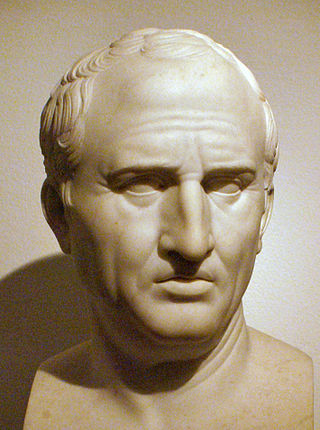
The writings of Marcus Tullius Cicero constitute one of the most renowned collections of historical and philosophical work in all of classical antiquity. Cicero was a Roman politician, lawyer, orator, political theorist, philosopher, and constitutionalist who lived during the years of 106–43 BC. He held the positions of Roman senator and Roman consul (chief-magistrate) and played a critical role in the transformation of the Roman Republic into the Roman Empire. He was extant during the rule of prominent Roman politicians, such as those of Julius Caesar, Pompey, and Marc Antony. Cicero is widely considered one of Rome's greatest orators and prose stylists.

In 1960, the major Holocaust perpetrator Adolf Eichmann was captured in Argentina by Israeli agents and brought to Israel to stand trial. The capturing of Eichmann was criticized by the United Nations, calling it a "violation of the sovereignty of a Member State". His trial, which opened on 11 April 1961, was televised and broadcast internationally, intended to educate about the crimes committed against Jews, which had been secondary to the Nuremberg trials. Prosecutor and Attorney General Gideon Hausner also tried to challenge the portrayal of Jewish functionaries that had emerged in the earlier trials, showing them at worst as victims forced to carry out Nazi decrees while minimizing the "gray zone" of morally questionable behavior. Hausner later wrote that available archival documents "would have sufficed to get Eichmann sentenced ten times over"; nevertheless, he summoned more than 100 witnesses, most of whom had never met the defendant, for didactic purposes. Defense attorney Robert Servatius refused the offers of twelve survivors who agreed to testify for the defense, exposing what they considered immoral behavior by other Jews. Political philosopher Hannah Arendt reported on the trial in her book Eichmann in Jerusalem: A Report on the Banality of Evil. The book had enormous impact in popular culture, but its ideas have become increasingly controversial.

R v Penguin Books Ltd, was the public prosecution in the United Kingdom of Penguin Books under the Obscene Publications Act 1959 for the publication of D. H. Lawrence's 1928 novel Lady Chatterley's Lover. The trial took place over six days, in No 1 court of the Old Bailey, between 20 October and 2 November 1960 with Mervyn Griffith-Jones prosecuting, Gerald Gardiner counsel for the defence and Laurence Byrne presiding. The trial was a test case of the defence of public good provision under section 4 of the Act which was defined as a work "in the interests of science, literature, art or learning, or of other objects of general concern".

Albert Deutsch (1905–1961) was an American journalist and social historian. He received a George Polk Award for "Science Reporting" in 1948.

Mary Frances Applebey was an English civil servant and mental health campaigner. She was an early director of what is now the charity Mind, but was then the National Association for Mental Health (NAMH). She was involved when Christian Aid was formed, she saw off the Church of Scientology in court and was involved with the changes required to move to care in the community.
References
- ↑ Antony Grey, Quest for Justice: Towards homosexual emancipation, London, 1992, p.37. ISBN 1-85619-136-2.